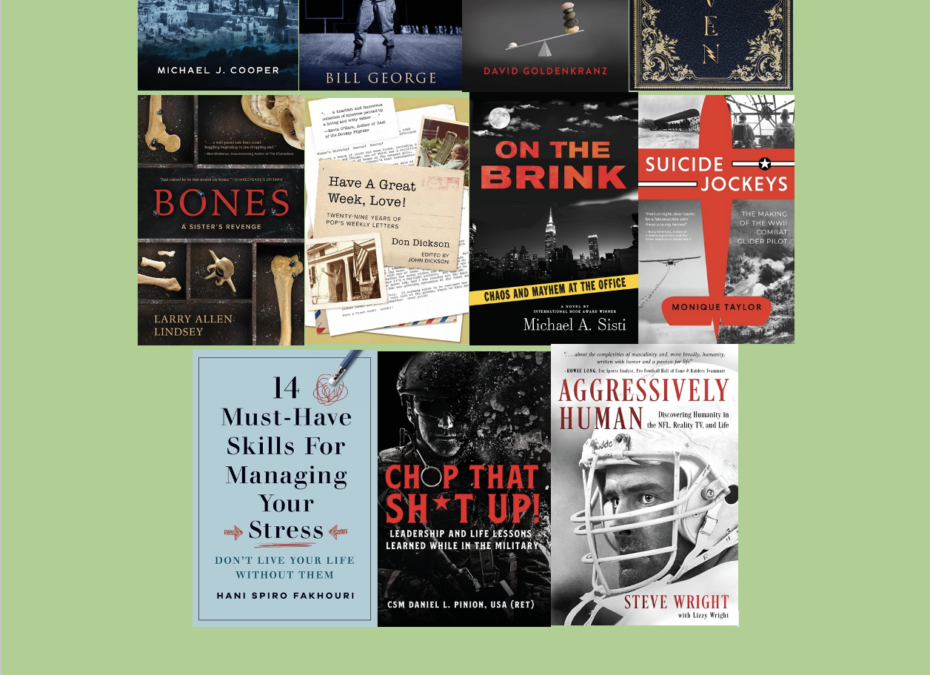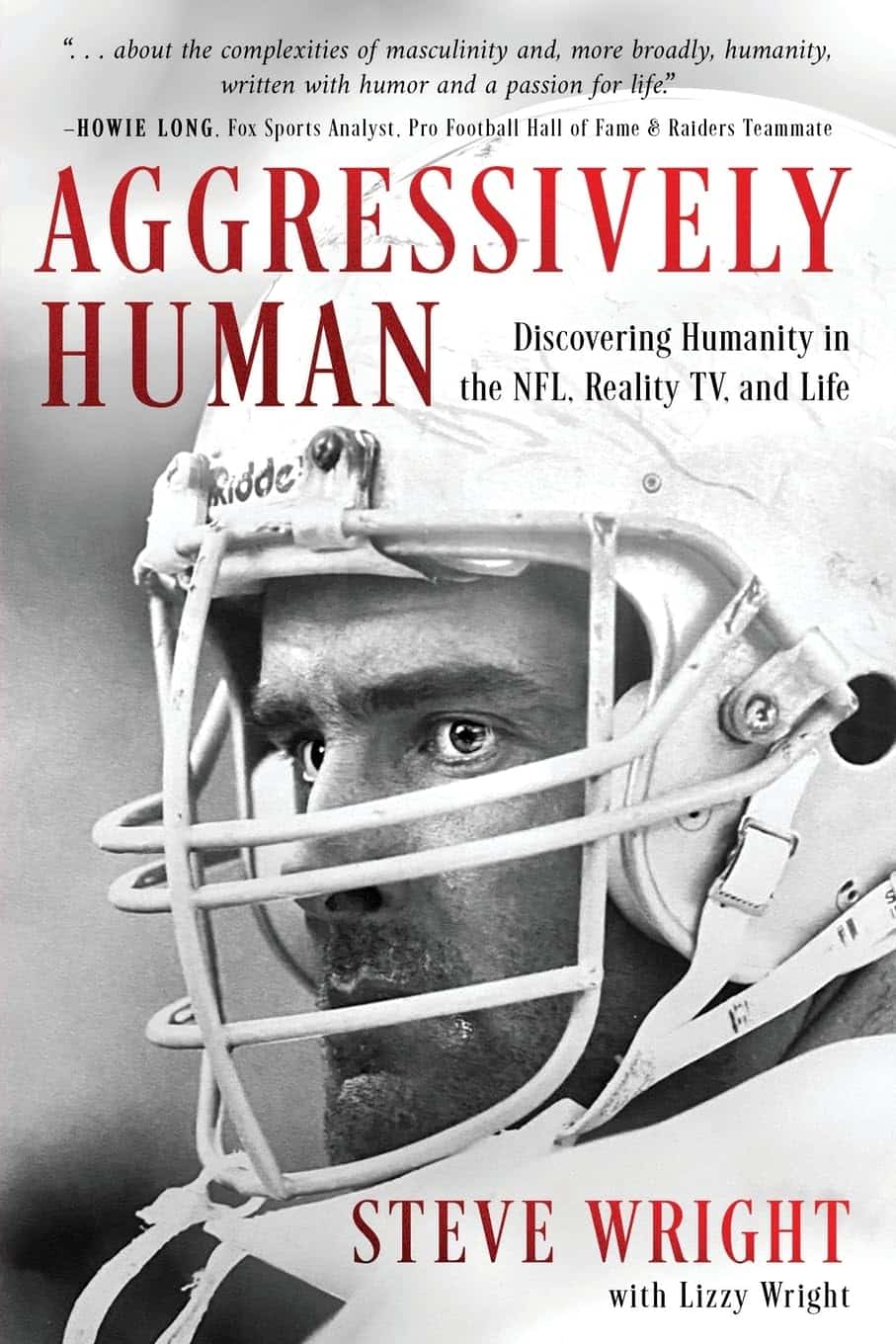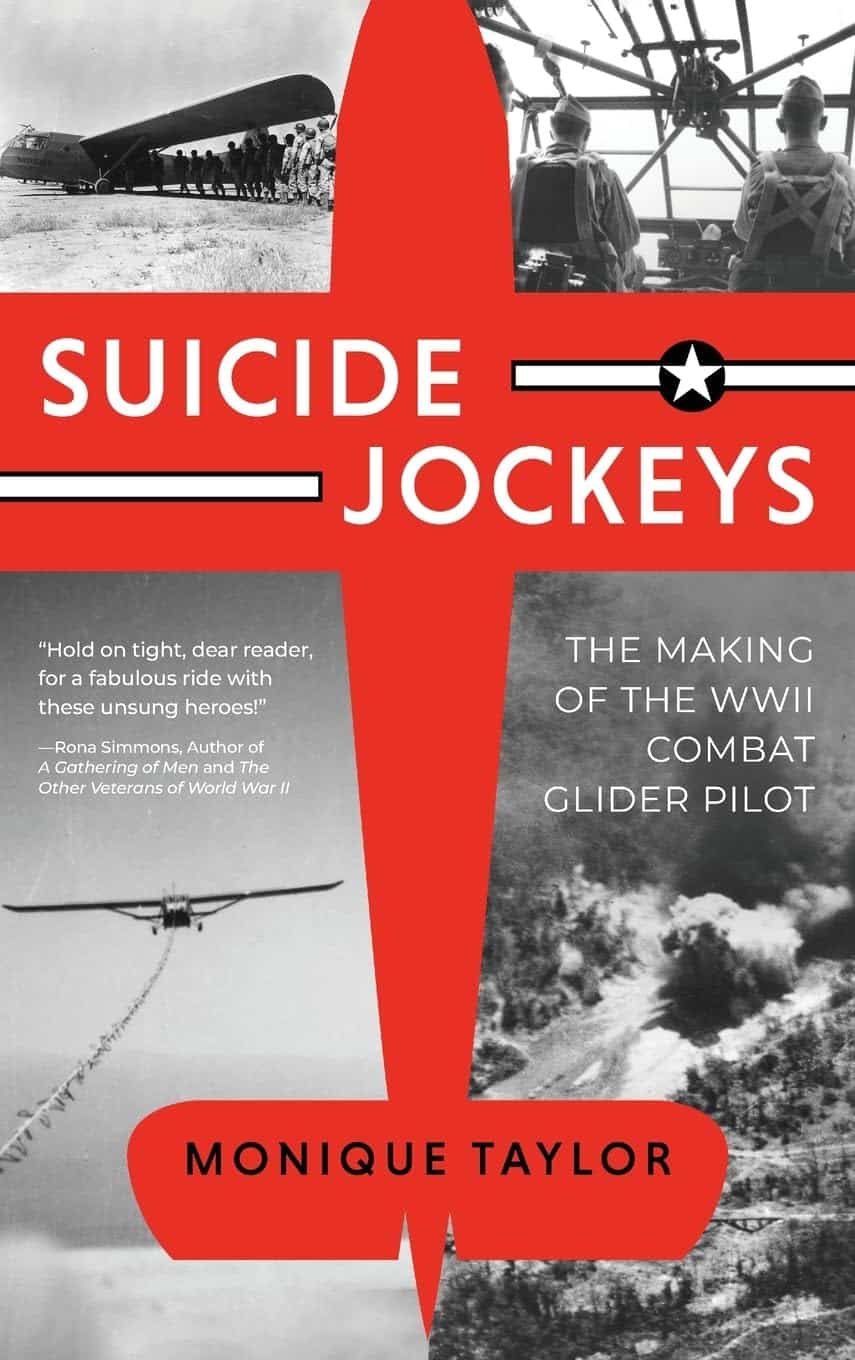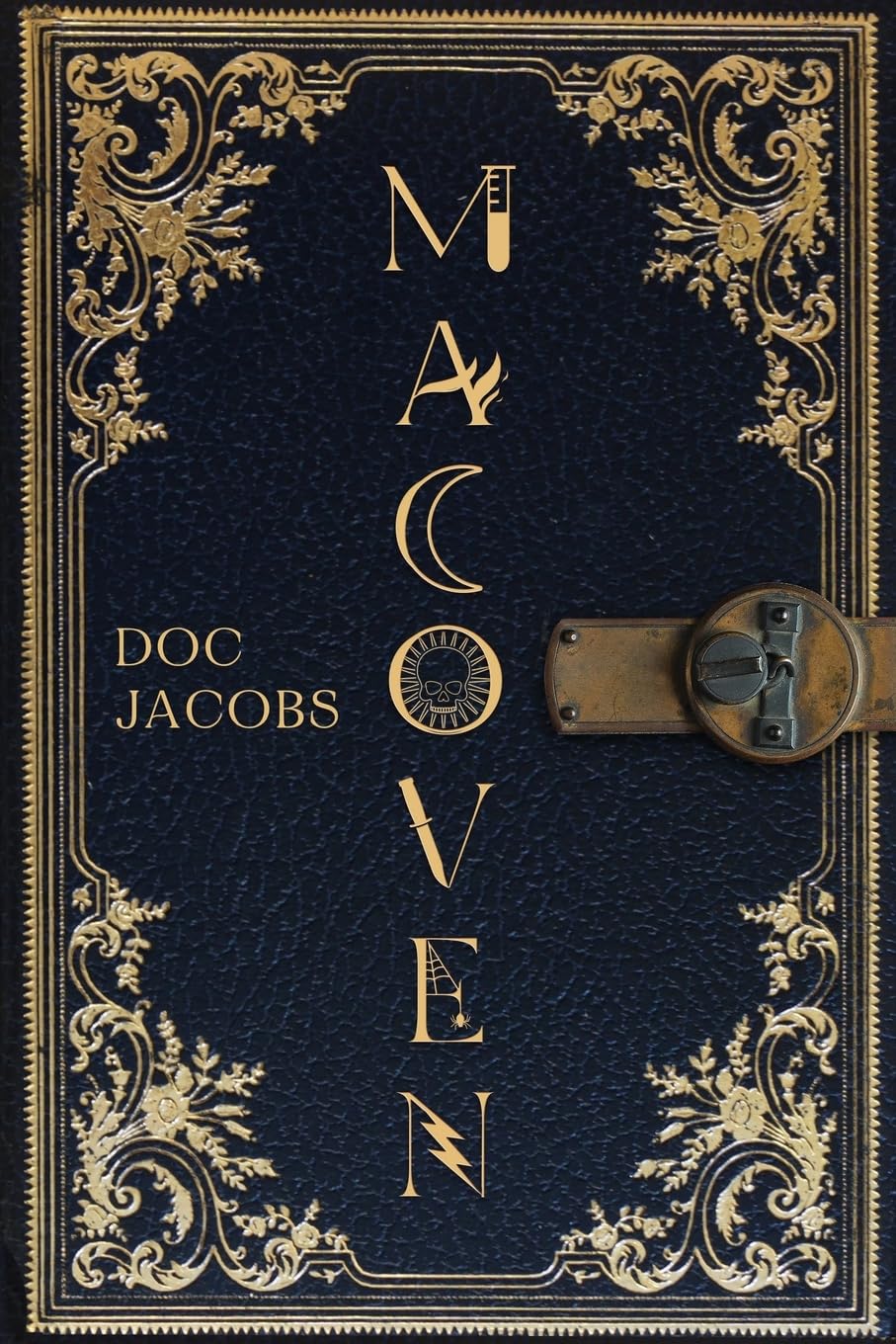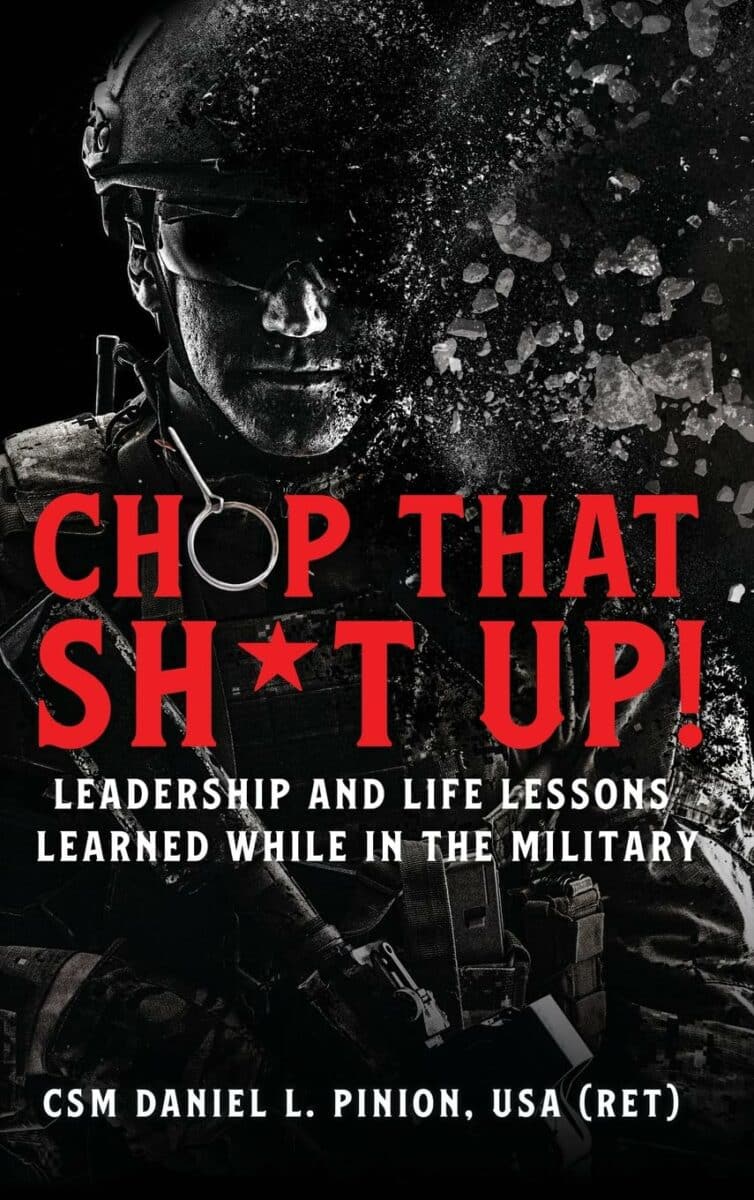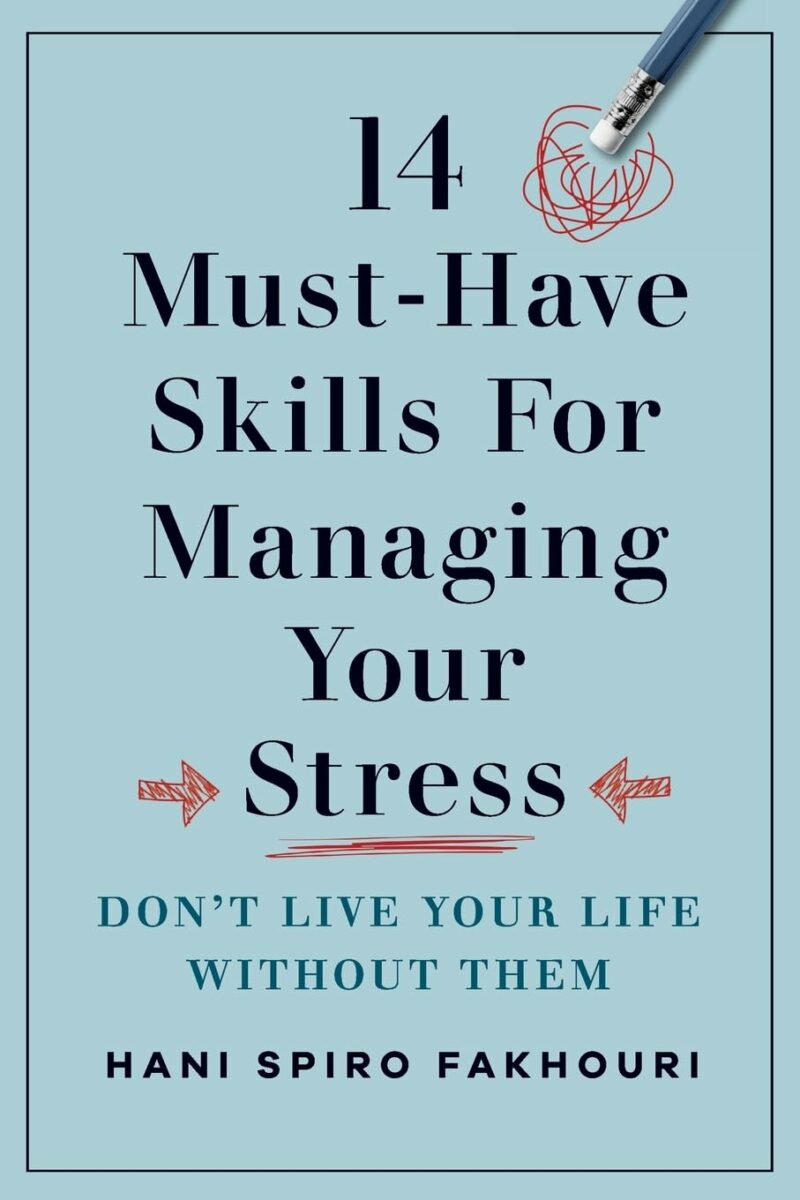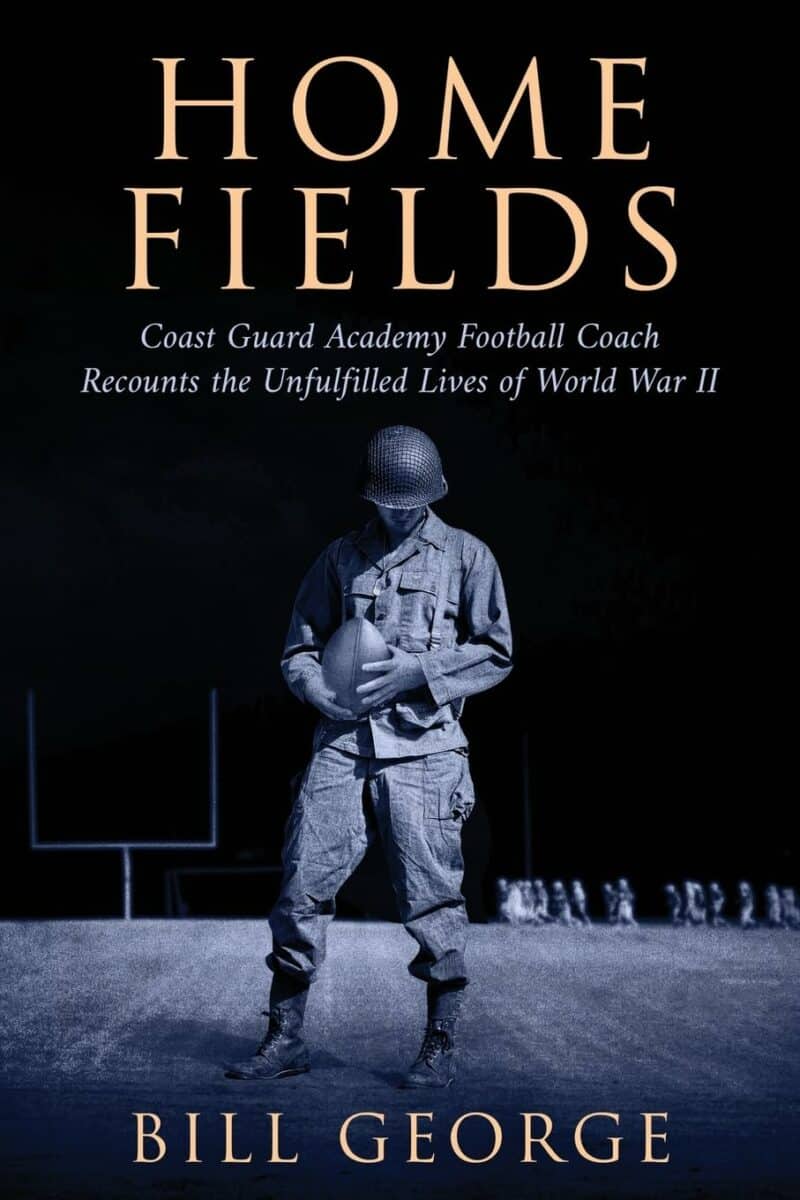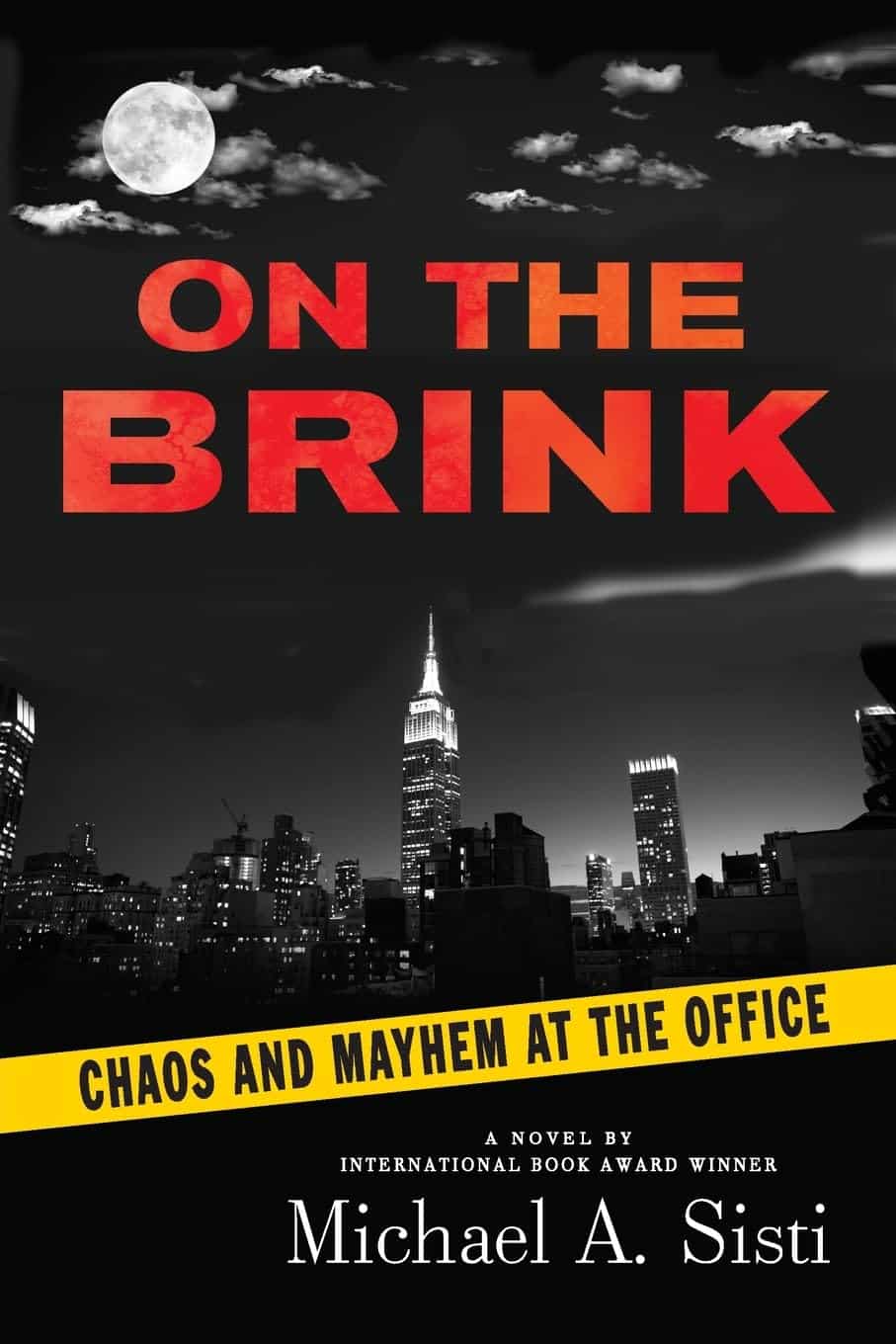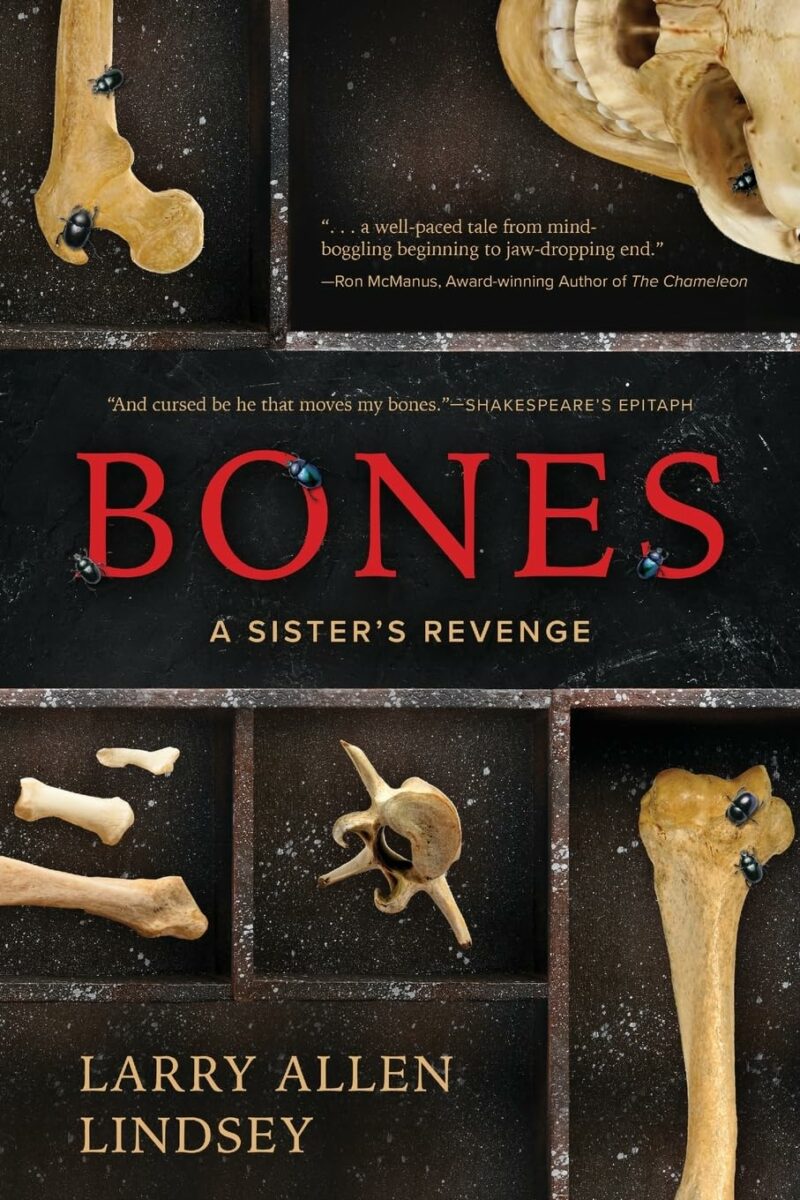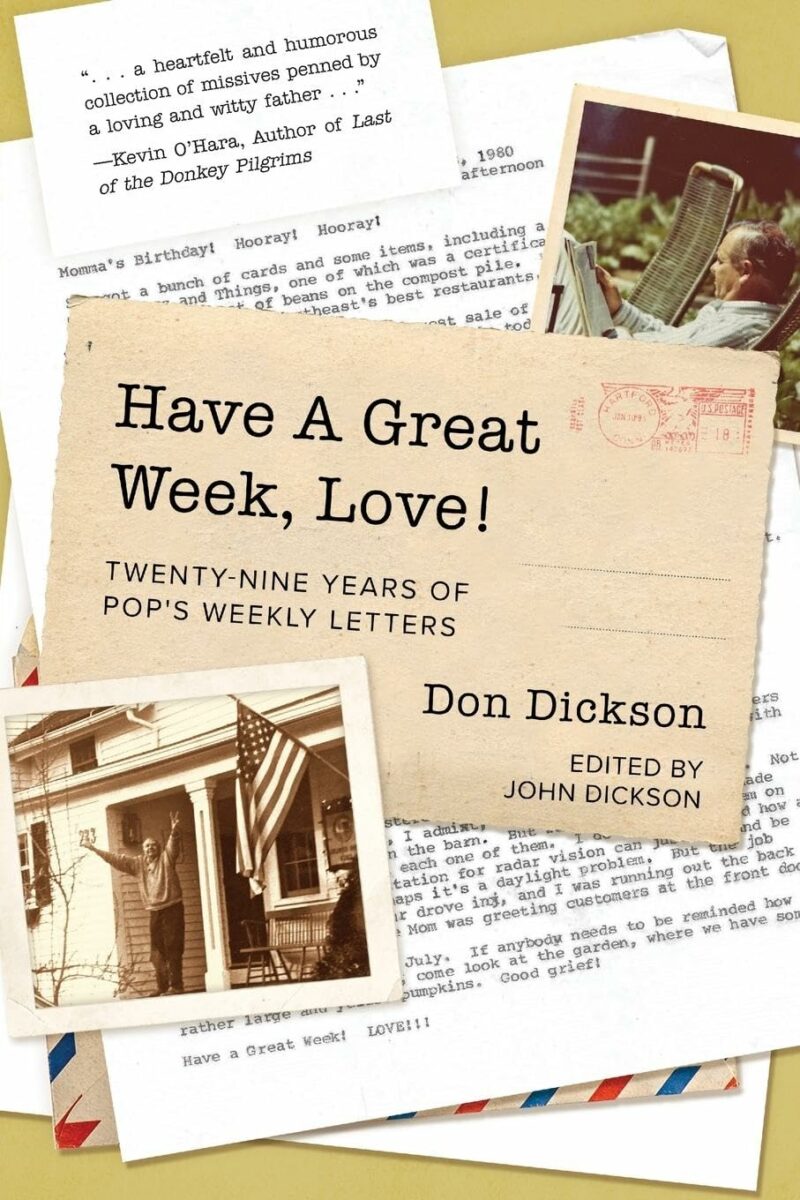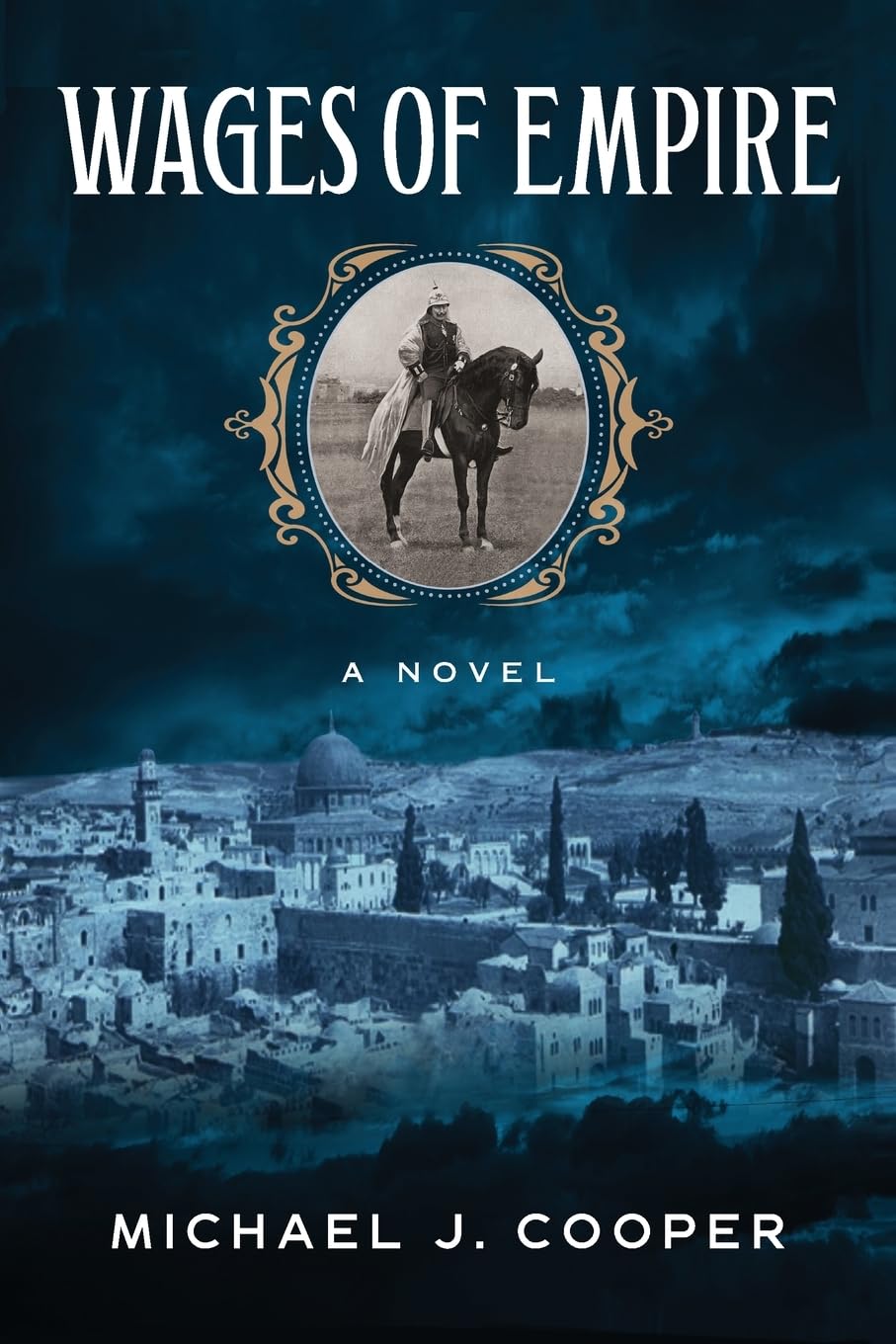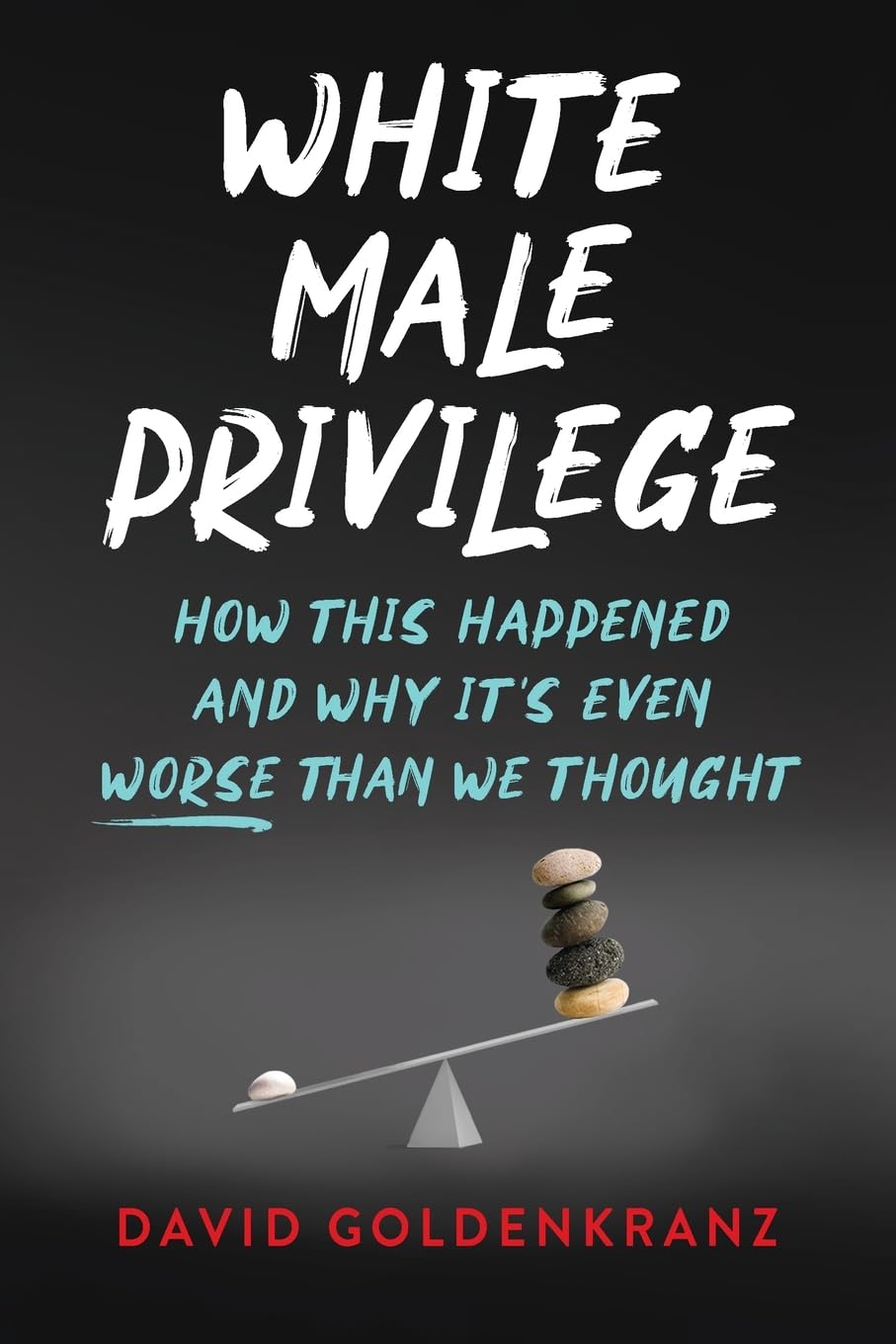Could Steve Wright navigate the uneasy intersection between aggression and empathy without losing himself? The answer to this question determined the course of his NFL career and his life.
Steve spent over a decade taping his knuckles and preparing for battle with the Cowboys, Colts, and Raiders. But his journey didn’t begin or end there.
In a world where masculinity is a moving target, Aggressively Human exposes a deeply personal quest to become a healthy, well-adjusted man and fully realized human being. Steve’s experiences as a professional athlete, entrepreneur, reality television contestant, and spiritual seeker deliver an entertaining trial-and-error guide. It will take you into spaces no camera can go and bring you out in stitches.
On May 10, 1940, the Germans neutralized one of the most heavily fortified fortresses in Europe with a new weapon: the combat glider—an aerial vehicle capable of carrying men and equipment in close proximity to each other and crash landing behind enemy lines. The Army Air Corps soon established its own glider pilot program, but the glider pilots were not considered power pilots nor infantry. The end result was a group of young men looking for adventure—belonging seemingly to no command other than on paper—that through the course of the war went into combat with varying amounts of equipment, training, survival gear, or none at all.
Suicide Jockeys: The Making of the WWII Combat Glider Pilot delves into the making of the glider pilot and the logistical, strategic, and tactical use of the plane they flew. In their “flying coffins,” these glider pilots were the independent bastards of the Army Air Corp, demonstrating sheer guts, talent, skill, and luck in their missions, and ultimately helping to turn the tide of the war.
Maddie has had enough of seeing good people stomped underfoot by the uncaring, the self-centered, the corrupt, and the flat-out evil. Why does it feel like so many bad people get away with their crimes without ever paying any consequences? In her search for answers about whether the concept of karma really exists and how the religious ideas of heaven, hell, and purgatory all work together, she meets a kindred spirit in Machelle. Together they stumble upon a world of witchcraft specifically designed to punish those who sin against the innocent.
This group, known as MaCoven, recruits the girls and trains them to use their innate sense of right and wrong to dispense a powerful dose of poetic justice. Dan, an accidental witness to MaCoven’s powers, gets the opportunity to explore purgatory and watch as the coven members apply their particular brand of an eye-for-an-eye. But can karma be changed? Can evildoers ever see the error of their ways and become good people? MaCoven takes the discussion of crime and punishment, action and consequence, and retributive justice to a different realm.
Chop that Sh*t Up! is a collection of stories by a military veteran with deployments ranging from Bosnia-Herzegovina to tours in Iraq. Follow along his twenty-eight-year career from private to command sergeant major, and learn how a young, gullible private became a battle-hardened soldier to an emotionally broken leader on his journey back to civilian life. Whether you served, are thinking about serving, or know or care about someone who has served, this book will make you laugh, cry, or both. A true warrior and backbone of the Army, CSM (R) Pinion shares the highs and lows of his life serving our country in this soul-sharing book about him and his men.
Living in today’s world can be extremely stressful. The need to be constantly connected, to do too much at the same time, living up to other people’s expectations and to society’s norms, competing hard in the workplace, etc., can quickly add up and culminate in stress. Stress can energize, but stress can also kill. Left uncontrolled and unmanaged, it can have disastrous effects on the body and mind. But controlling and managing stress need not be a difficult task.
14 Must-Have Skills for Managing Your Stress: Don’t Live Your Life Without Them will introduce you to fourteen skills to help you better manage stress at its source. The beauty of this book lies in the simplicity of its approach. It does not discuss any new or fancy concepts or theories about stress management but rather focuses on time-tested and common-sense notions that you can easily put into practice.
Living a life with minimal stress is entirely up to you and perfectly within your reach. This book will show you the way!
In the fall of 2014, Bill George is entering his sixteenth season as the head football coach at the United States Coast Guard Academy. He has a wonderful wife and young daughter and is caregiver for his father, Casper, who is slowly slipping away. As Bill’s daily challenges mount, Casper shares fascinating childhood stories of growing up in the small Syrian immigrant village of Myers, New York, during World War II.
Bill George’s memoir covers coaching football, the challenges of caregiving while also being first-time parents, and the loving interactions between an eighty-seven-year-old man in hospice care and his redheaded granddaughter. Visit New London, Connecticut, on game day and Myers, New York, starting in 1935, brought to life by a dying man’s memories.
At age eleven, Dave Powers concludes a profitable but error-ridden venture selling illegal fireworks that leaves him brimming with confidence and captivated by thepromise of entrepreneurship.
Over the next few years, a series of tragic events shatters his comfort zone. Dave must learn to navigate life’s challenges, including basic survival, business, and love. Upon entering the advertising world during the Mad Men era, he struggles to find his way amid the excesses of nepotism and alcohol consumption and the exploitation of women. Can Dave find the maturity to achieve his goals? Or are his scars too deep to overcome?
Based on true events, On the Brink is a novel for young readers beginning their own journey and the more experienced adults trying to keep them safe and soften their failures.
Hattie Sexton, at well over a hundred years old, is a mountain legend and mistress of the black arts. In her final days, she sends for reporter John March, intending to clear her conscience and tell her multifaceted story of growing up among the Melungeons of Appalachia—with a giant as a brother.
March finds himself mesmerized by a unique tale of retribution, replete with hill mannerisms and quirks and characters both fearsome and wonderful. In the end, Hattie Sexton turns out to be living (and dying) proof that “turnabout is fair play” and “revenge is best served cold.” In her case, stone-cold dead.
Letter writing is a lost art. In this era of 140-character limits and photo sharing, also lost are the reflections that come from putting pen to paper and pouring out not only the deepest parts of the soul but also the routine and mundane, the fanciful, and the helpful. And the love.
For almost thirty years, Don Dickson wrote his children a letter each week. At first he did this to keep them apprised of family matters and upcoming events, but he soon ventured far beyond the comings and goings of everyday life. This is a book of excerpts from those letters, telling a broader story of a life lived in a quiet corner of Connecticut and, at a personal level, told with humor and wisdom—and always with love.
In the summer of 1914, sixteen-year-old Evan Sinclair leaves home to join the Great War for Civilization. Little does he know that, despite the war raging in Europe, the true source of conflict will emerge in Ottoman Palestine, since it’s from Jerusalem where the German Kaiser dreams to rule as Holy Roman Emperor.
Filled with such historical figures as Gertrude Bell, T.E. Lawrence, Winston Churchill, Faisal bin Hussein and Chaim Weizmann, Wages of Empire follows Evan through the killing fields of the Western Front where he will help turn the tide of a war that is just beginning, and become part of a story that never ends.
White men make up less than a third of the US population, yet we still seem to dominate most of American society. White Male Privilege: How This Happened and Why It’s Even Worse Than We Thought offers an unflinching look at the influence of racism and sexism on everything from American politics, criminal justice, health care, and finance to popular dog breeds and even our own front lawns.
Addressing entitlement, collective narcissism, deep-rooted racial insecurities, and repressed trauma, White Male Privilege challenges all White American men to confront ourselves, our history, and to begin the necessary and tough conversations about our complicity in upholding the status quo.

